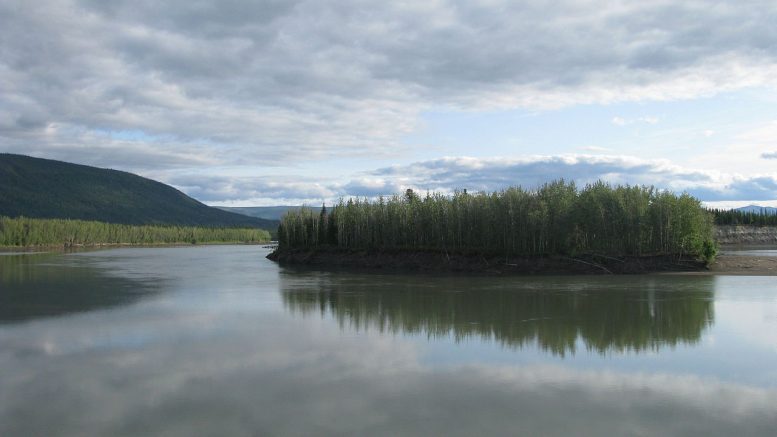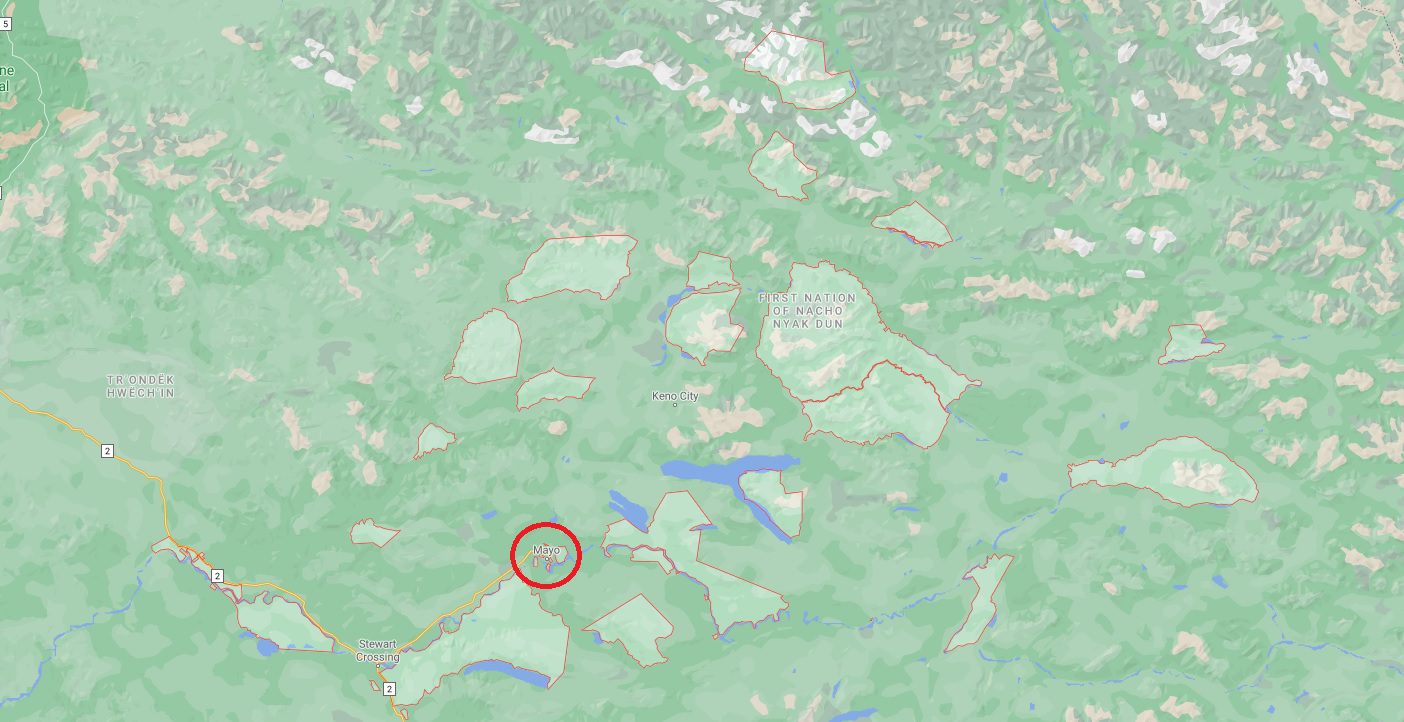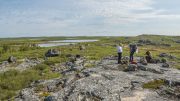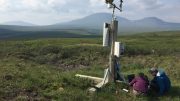The First Nation of Na-Cho Nyäk Dun (FNNND) has filed a judicial petition to challenge the Government of Yukon in awarding Metallic Minerals Corporation advanced exploration rights in its territory.
The First Nation says it was not properly consulted before the Government of Yukon made dealings with the mining company and filed the petition to reverse this decision on March 15.
“Despite repeated requests by the First Nation, the Yukon government failed to consult on this project,” said Nuri Frame, lawyer and partner with Pape Salter Teillet LLP, FNNND’s legal counsel.
“This project unquestionably has adverse impact on the First Nation’s treaty rights … and their role as decision makers in their traditional territory.”
The exploration activities were for an area 100 kilometres north of Mayo, the central township for FNNND.
Frame said the Government of Yukon was not receptive to requests for consultation, and declined to visit FNNND membership.
“The Yukon government had some back and forth via correspondence with officials in the Na-Cho Nyäk Dun lands department and there was one phone call, and in the responses and in that phone call, the First Nation was very clear that Yukon government representatives had to come to the community and consult directly with the community.”
Frame said that the territorial government responded by saying it was not feasible to visit with the community.
He also said the community has been actively trying to get the government to engage with them in the past 10 months.
The Government of Yukon declined to comment because the matter is now before the courts.
Lack of land use planning
FNNND has an agreement in its modern treaty that there will be land use planning for its entire territory; the First Nation has been trying to complete the land use plan since its treaty was signed in 1993.
Randi Newton, conservation manager for Canadian Parks and Wilderness Society Yukon chapter, said a court case like this has been a long time coming.
“We have development that is going ahead of land use planning again and again,” she said. “And exploration projects approved, and I think First Nations are saying enough is enough.” Newton said that she hopes this case sets a precedent that projects won’t keep getting approved on an ad-hoc basis.
“We’re just scrambling and we can’t deal with the cumulative effects and impacts on other values and aboriginal rights, and that needs to change.
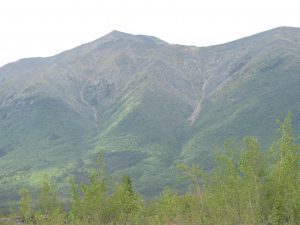
Hills between Mayo and Keno City in Yukon. Metalic Minerals Corporation have been granted advanced exploration rights by the territorial government roughly 100 km north of Mayo. (Arthur Chapman photo via Wikimedia Commons)
“The landscape is changing and the Yukon government does need to catch up to it. The interpretation of final agreements are about co-management and business as usual doesn’t respect that.”
President of the Yukon Chamber of Mines, Edward Peart, says the organization is generally disappointed.
“The Chamber of Mines is always supportive of land use planning and engaging with First Nations,” he said.
“It certainly needs to be done in a responsible manner, and land use planning needs to be completed on schedule.”
Peart did say, however, withdrawing all land from the potential of mineral exploration activity while land use planning is being undertaken is not advisable.
“Working with First Nations early and with Yukon government, we’ll be able to achieve what we need to, but withdrawing land is not going to lead to the achievement of what industry needs.”
Peart said Yukon needs to provide an opportunity for strong mineral resource investment.
“We have a great mineral resource sector and we need to continue to provide that environment to have investment. A court action like this one kind of inhibits that investment to develop minerals and resources responsibly.”
Peart praised the Yukon’s mining sector as being responsible and said the resource sector provides large contributions to the territory’s GDP. With the impacts of COVID-19, it is the only industry that has shown resilience, he said.
The chamber president said he hopes the case results in viable options for land use planning that is “good for all parties.”
“If land use planning is completed apolitically and on time, then all parties can be certain of process and outcomes and that is our hope.”
Activities ‘undermining’ land use planning
The judicial petition to challenge the government’s decision to go ahead with the exploration “undermines” future land use planning from “doing the work it’s supposed to do,” said Frame.
Since that treaty was signed, no land use planning has even started according to the judicial petition.
“No matter how many times FNNND has sought to engage Yukon in the land use planning process … Yukon has preferred to maintain the status quo, through which it believes it is afforded near total decision-making power over development in the NND traditional territory,” it states.
It goes further to state this has left the First Nation with an “empty shell” of a treaty promise.
FNNND and its legal representation have requested a case management conference with the Yukon supreme court and hope to be in front of a judge with Yukon government and the mining company sometime in April.
Metallic Minerals Crop. did not respond to request for comment by publication time.

